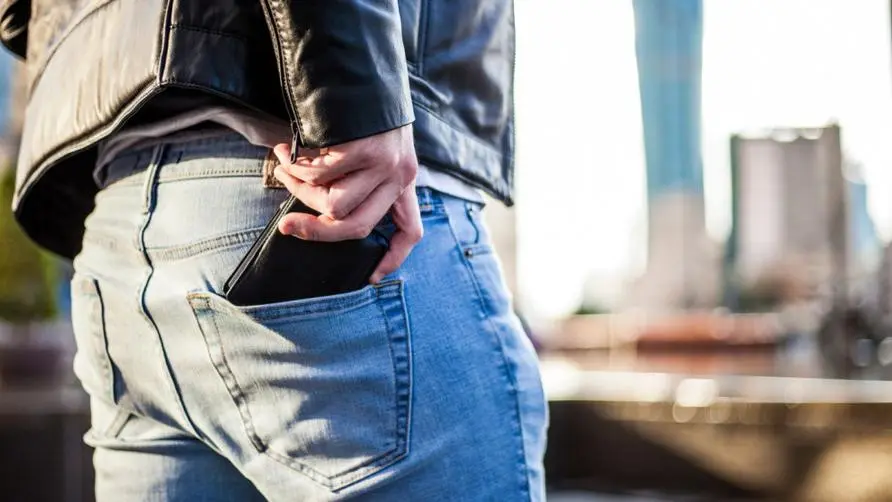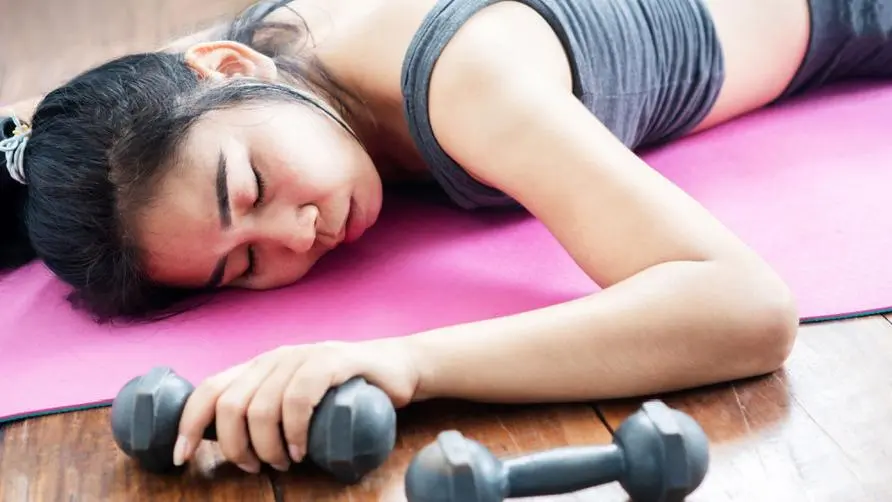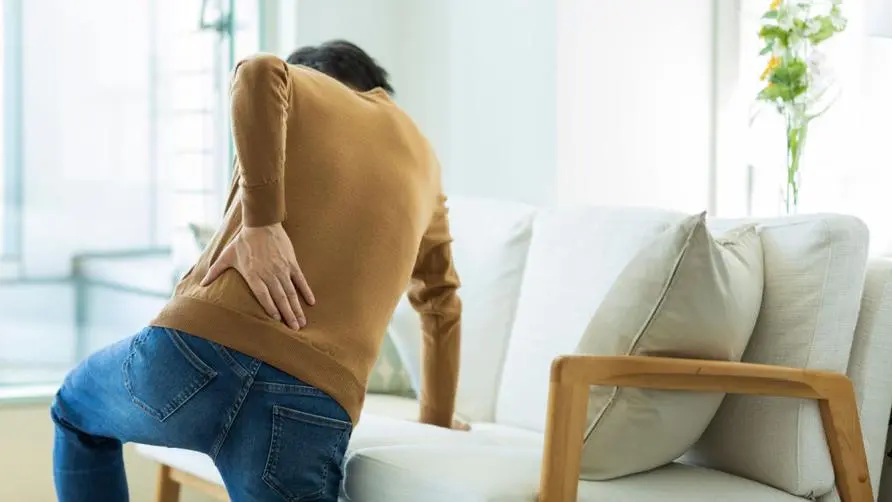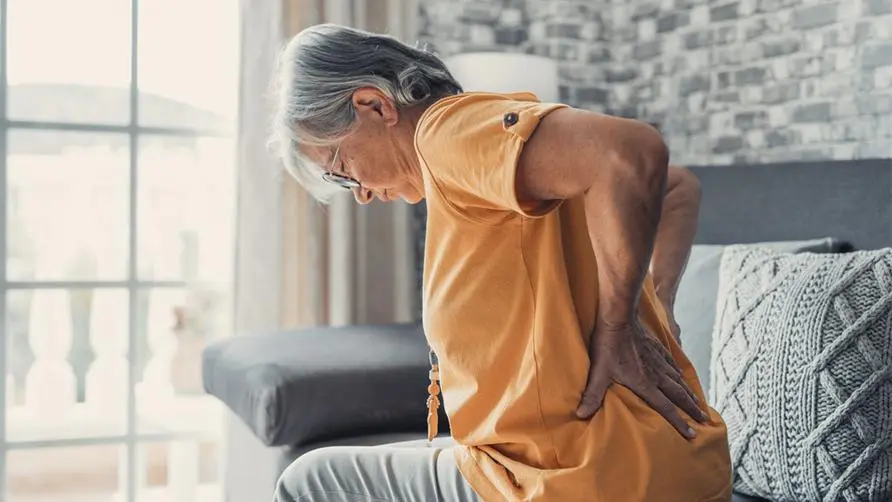Is it too harmful to the pelvis and waist if the wallet is stuffed into the pocket? Medical warning: Beware of "sciatica" if you apply pressure to 2 parts

Does stuffing a wallet into a pocket hurt the pelvis and waist? Doctor: Pressure on 2 parts may lead to “sciatica”
For convenience, many men are accustomed to placing wallets or wallets in the pants pockets behind their hips. This habit of seeking convenience is actually the cause of “sciatica”? Dr. Li Yanyu, director of Renyi Boai Rehabilitation Clinic, shared on social media that keeping your wallet in your back pocket for a long time can easily cause compression of the gluteal and piriformis muscles, which may indeed put a burden on the pelvis and waist.
Dr. Li Yanyu said that recently a male patient limped into the clinic. After consultation, he found that he often suffered from sciatica. He went to several clinics for traction and injection treatment, but the disease was not completely cured and the symptoms remained. repeatedly. After medical testing, it was discovered that the patient did have lumbar spondylolisthesis. In addition to arranging rehabilitation and guided exercise, daily weight loss measures also needed to be implemented simultaneously.
How can sciatica be treated? 2 actions you can do at home can significantly improve pain
Dr. Li Yanyu also emphasized to the patient that the habit of keeping wallets and wallets in pockets may also be the causative factor of sciatica. Many people are deeply influenced by the advertising lines and believe that the main cause of sciatica is related to intervertebral disc-related diseases. In fact, keeping your wallet in your back pocket for a long time may cause compression of the “gluteal” and “piriformis” muscles, which may in turn cause the sciatic nerve to be stretched and cause pain, and even cause burden on the pelvis and waist when sitting down.
Dr. Li Yanyu said that if you want to avoid “wallet syndrome” caused by muscle and sciatic nerve compression, the best prevention method is to put your wallet or wallet inside your backpack and let your body assume a normal sitting posture. If you unfortunately suffer from sciatica, you should also consult a rehabilitation physician immediately. Treatment options include massage balls, physical therapy, injection therapy, and shock wave therapy.
In addition, people can usually relieve discomfort through the following actions:
Gluteus maximus stretch: Take a seated position, bend your thigh and cross it to the outside of the other leg. Press your hands toward the opposite chest until a tight feeling appears, then stop for 30 seconds and repeat 3 times.
Piriformis muscle stretching: Lie in a lying position with your feet bent, and hold the unaffected thigh toward your chest with both hands for 30 seconds. Feel the tightness in the buttocks on the affected side (horizontally), repeat 3 times.
5% of sciatica cases are caused by it! What is “Piriformis Syndrome”?
Dr. Li Yanyu further added that in addition to intervertebral disc disease and compression of the piriformis and gluteal muscles, about 5% of sciatica is caused by “piriformis syndrome”, which is more common in women than men. The cause may be congenital anatomical location, trauma, prolonged sitting, or hypertrophy of the piriformis muscle (such as strength training). The symptoms are buttock pain, accompanied by a tingling sensation of radiating electric shock, especially when getting up from a chair or bed.
Dr. Li Yanyu pointed out that piriformis syndrome can be diagnosed through ultrasound, magnetic resonance imaging (MRI), nerve conduction testing, electromyography or guided injection, and can be diagnosed with oral medications, physical therapy (piriformis stretching, instrument therapy, Manual therapy, exercise therapy), ultrasound-guided injection and other methods are used for treatment. It is recommended that if relevant symptoms occur, you should seek medical advice immediately to avoid worsening of symptoms.
Reference: Curr Rheumatol Rev. 2018 Dec; 14(3): 279–283.
Further reading:





